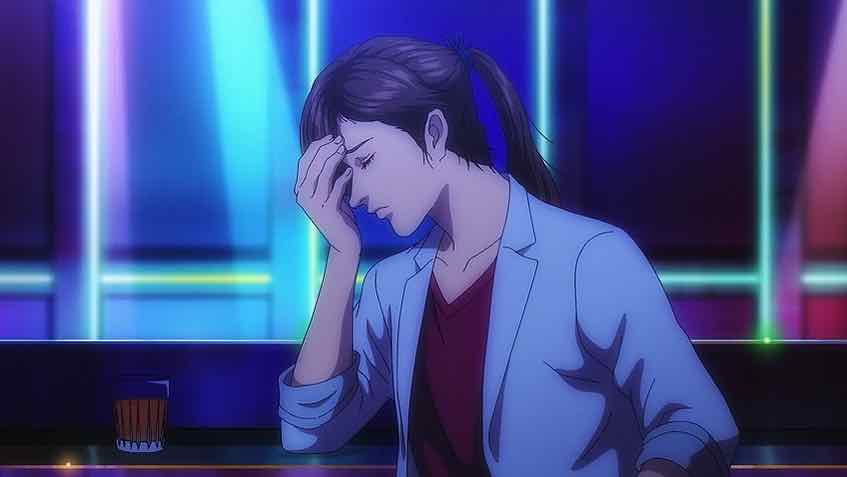 As the third act of this episode was playing out, I couldn’t help but reflect it inwards. If people would just watch Trillion Game, maybe they’d realize how fun it is? I mean, who knows – it’s certainly not a series that pushes a lot of commercial buttons where Western anime fandom is concerned. It does just fine in Japan – the manga is a good seller on 9 volumes (with the odd hiatus, as the artist is over 80) and it got a two-cour anime. Some things are just destined be be niche, and there’s nothing wrong with that.
As the third act of this episode was playing out, I couldn’t help but reflect it inwards. If people would just watch Trillion Game, maybe they’d realize how fun it is? I mean, who knows – it’s certainly not a series that pushes a lot of commercial buttons where Western anime fandom is concerned. It does just fine in Japan – the manga is a good seller on 9 volumes (with the odd hiatus, as the artist is over 80) and it got a two-cour anime. Some things are just destined be be niche, and there’s nothing wrong with that.
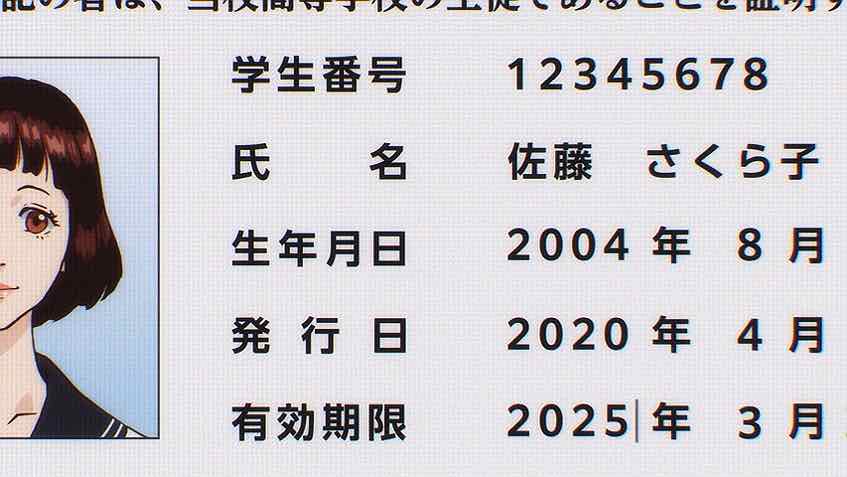 I don’t think there’s any question that events (and characters) are embellished for dramatic (and comedic) effect here. But they’re used to explore a fascinating real-world topic (much like the first cour of Madhouse’s other current show, Chi Chikyuu in that that respect). Haru is pretty out there but there’s a real archetype he definitely represents. The revelation that he was the one who tipped of Dragon Bank about the security loans was an interesting twist, though it begged the real question that Kedouin didn’t ask till later in the episode – why?
I don’t think there’s any question that events (and characters) are embellished for dramatic (and comedic) effect here. But they’re used to explore a fascinating real-world topic (much like the first cour of Madhouse’s other current show, Chi Chikyuu in that that respect). Haru is pretty out there but there’s a real archetype he definitely represents. The revelation that he was the one who tipped of Dragon Bank about the security loans was an interesting twist, though it begged the real question that Kedouin didn’t ask till later in the episode – why?
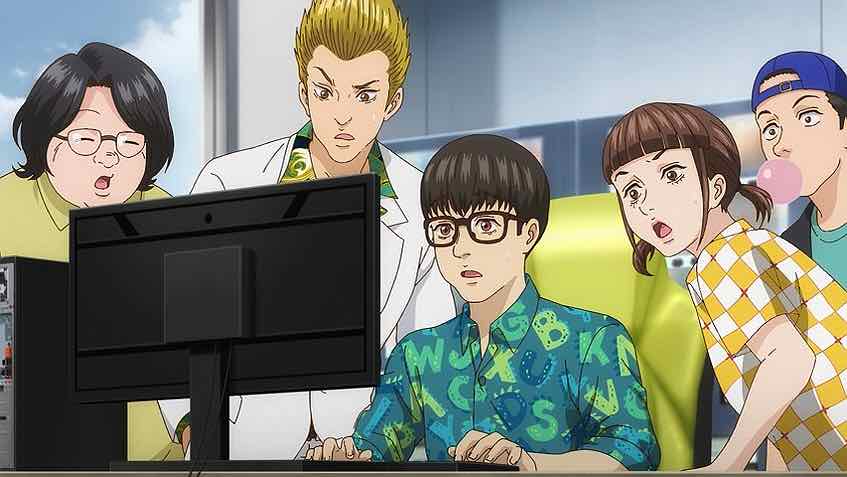 There’s also an acknowledgement here of what I referenced last week – this game company arc was Gaku’s first act of rebellion against Haru. His reaction seems to suggest that at least with Gaku specifically, Haru seems to feel some sense of personal loyalty. Probably not to anyone else (maybe Rinrin), and if I were Gaku I wouldn’t want to bank on it. But Haru doesn’t get angry (that we see). He respects that Gaku was willing to take the risk, yes. But also realizes that to retain Gaku’s loyalty himself, he needs to give him the professional space to pursue what he cares about. So he takes matters into his own hands, in typically daredevil Haru fashion.
There’s also an acknowledgement here of what I referenced last week – this game company arc was Gaku’s first act of rebellion against Haru. His reaction seems to suggest that at least with Gaku specifically, Haru seems to feel some sense of personal loyalty. Probably not to anyone else (maybe Rinrin), and if I were Gaku I wouldn’t want to bank on it. But Haru doesn’t get angry (that we see). He respects that Gaku was willing to take the risk, yes. But also realizes that to retain Gaku’s loyalty himself, he needs to give him the professional space to pursue what he cares about. So he takes matters into his own hands, in typically daredevil Haru fashion.
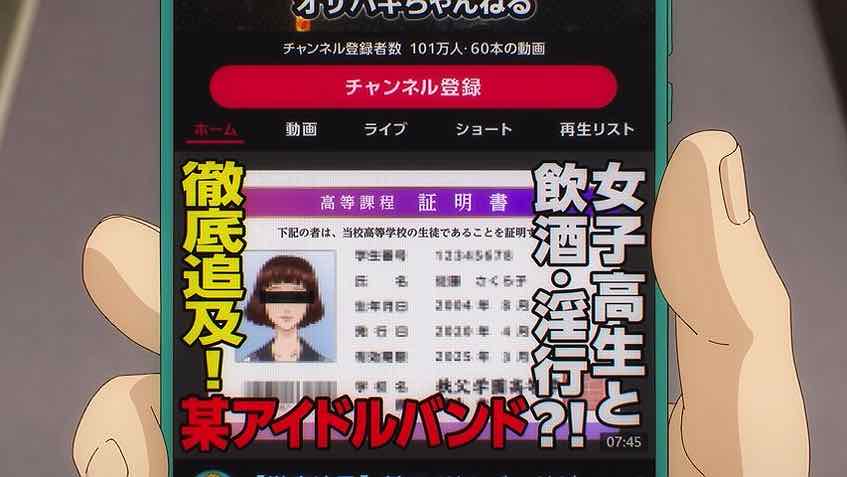 Does Haru seriously think “Popping Land” – and social game development generally – is a big money proposition? Maybe, though I’m pretty sure it’s less about that and more about how he can leverage it to achieve his larger goals. The faceoff with Dragon Bank is obviously personal to him. He instigates this whole war to show the old man that he’s a dog that bites back. I think the potential of an alliance with Sumeragi is a very important secondary possibility too. Sure he can use it to save Gaku’s game project, but it also holds enormous potential for direct long-term growth in the promotion business (which for now at least is where Haru sees the real money to be made).
Does Haru seriously think “Popping Land” – and social game development generally – is a big money proposition? Maybe, though I’m pretty sure it’s less about that and more about how he can leverage it to achieve his larger goals. The faceoff with Dragon Bank is obviously personal to him. He instigates this whole war to show the old man that he’s a dog that bites back. I think the potential of an alliance with Sumeragi is a very important secondary possibility too. Sure he can use it to save Gaku’s game project, but it also holds enormous potential for direct long-term growth in the promotion business (which for now at least is where Haru sees the real money to be made).
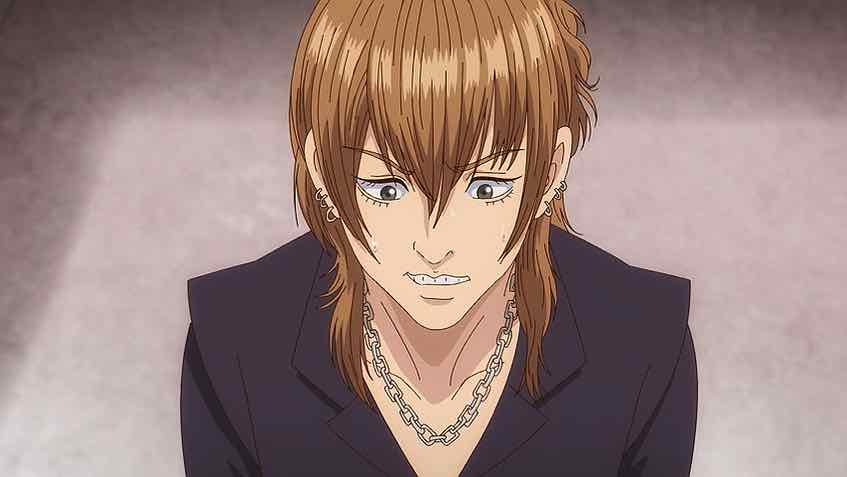 As for Gaku, he obviously knows (as do Sakura and everybody else) that the fake ID business is wading into dark waters. Blackmail, fraud – he’s not comfortable with any of it but he still plays along for the moment. Sumeragi isn’t fooled by any of this, or at least not for long. But he recognizes that someone with the balls and the cleverness to play him like this could be worth nurturing as a potential ally. He plays along, though taking pains to make sure Haru (and Kedouin) know that he’s not fooled and he plays hardball.
As for Gaku, he obviously knows (as do Sakura and everybody else) that the fake ID business is wading into dark waters. Blackmail, fraud – he’s not comfortable with any of it but he still plays along for the moment. Sumeragi isn’t fooled by any of this, or at least not for long. But he recognizes that someone with the balls and the cleverness to play him like this could be worth nurturing as a potential ally. He plays along, though taking pains to make sure Haru (and Kedouin) know that he’s not fooled and he plays hardball.
 This round goes to Haru – who I’m not going to call the good guy. And by extension to Gaku, Sakura, and Oji-san – who I kind of will. Old Man Kokuryuu obviously isn’t going to take this lying down but Haru will be under no illusions about any of that. Haru has effectively given Team Gaku a gift. Gaku gets his win and his new friends are happy. Sakura finally sees his dream come true. And Hebijima – who’s a phenomenal addition to the cast and a great example of what a truly superb seiyuu can bring when given a role like this to work with – gets his wealth. And his acknowledgement, which Dragon Bank forever denied him. That they tried to ruin him using his own creation surely makes this comeback win taste even sweeter.
This round goes to Haru – who I’m not going to call the good guy. And by extension to Gaku, Sakura, and Oji-san – who I kind of will. Old Man Kokuryuu obviously isn’t going to take this lying down but Haru will be under no illusions about any of that. Haru has effectively given Team Gaku a gift. Gaku gets his win and his new friends are happy. Sakura finally sees his dream come true. And Hebijima – who’s a phenomenal addition to the cast and a great example of what a truly superb seiyuu can bring when given a role like this to work with – gets his wealth. And his acknowledgement, which Dragon Bank forever denied him. That they tried to ruin him using his own creation surely makes this comeback win taste even sweeter.
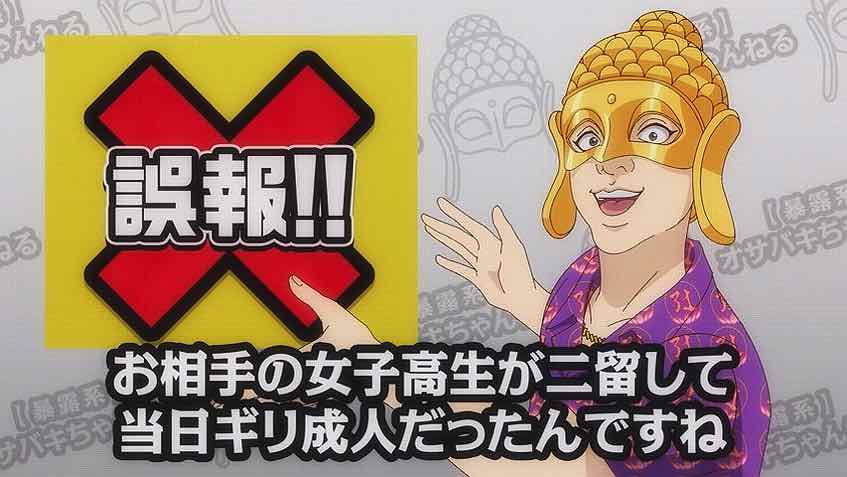 There is indeed a real poignancy to the “Popping Land” experience. It reflects a real truth – marketing is more important than quality in most cases. Sakura and Oji-san are both geniuses in their own way, and their genius complements the other’s perfectly. But until Haku gets the Sumeragi machine (especially Makko, who I assume is an okama) behind it, “Popping Land” is hopelessly trounced by the tired sequel to “Dragon Musume” (ahem). It’s not an idealistic ending for this arc, even if it is more or less a happy one. But it’s also a reminder of why partnerships like Haru and Gaku’s are often models for success in the startup world.
There is indeed a real poignancy to the “Popping Land” experience. It reflects a real truth – marketing is more important than quality in most cases. Sakura and Oji-san are both geniuses in their own way, and their genius complements the other’s perfectly. But until Haku gets the Sumeragi machine (especially Makko, who I assume is an okama) behind it, “Popping Land” is hopelessly trounced by the tired sequel to “Dragon Musume” (ahem). It’s not an idealistic ending for this arc, even if it is more or less a happy one. But it’s also a reminder of why partnerships like Haru and Gaku’s are often models for success in the startup world.


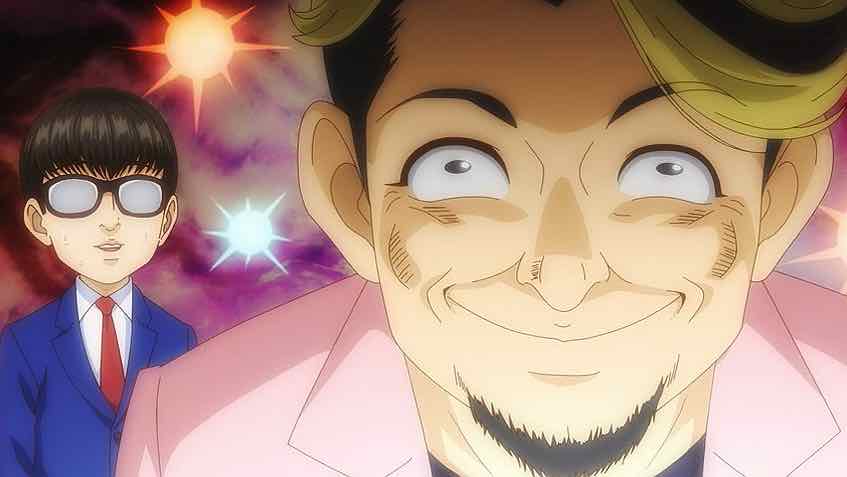
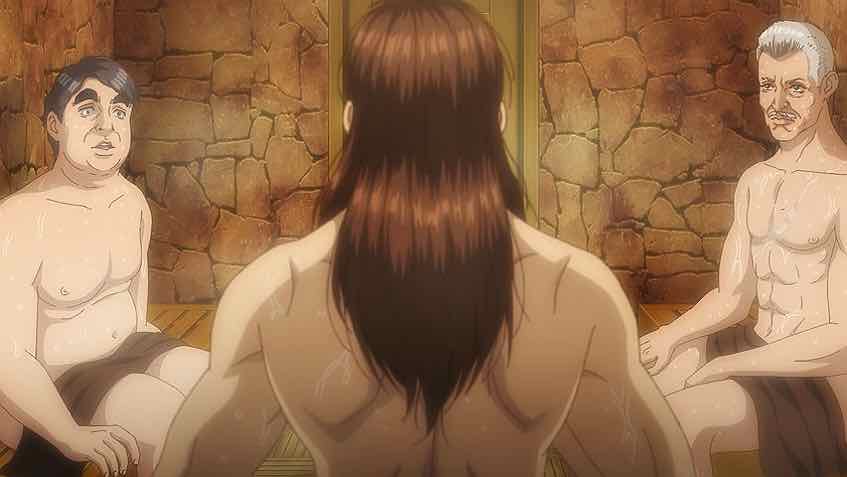
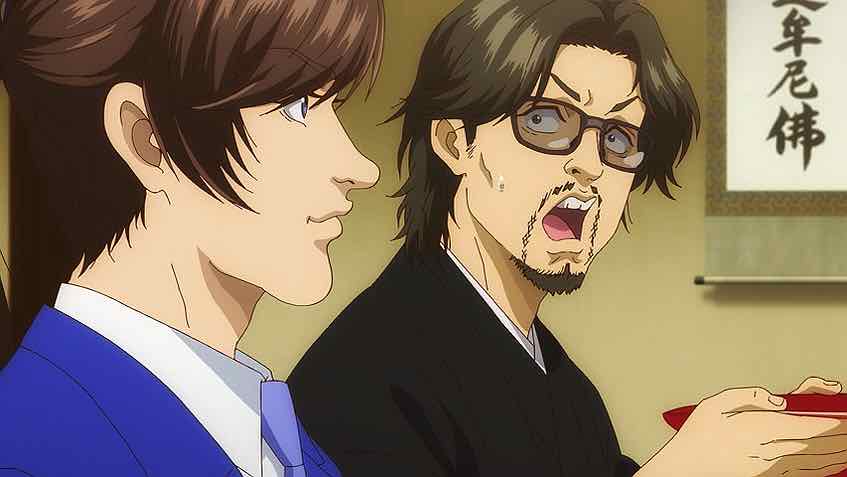
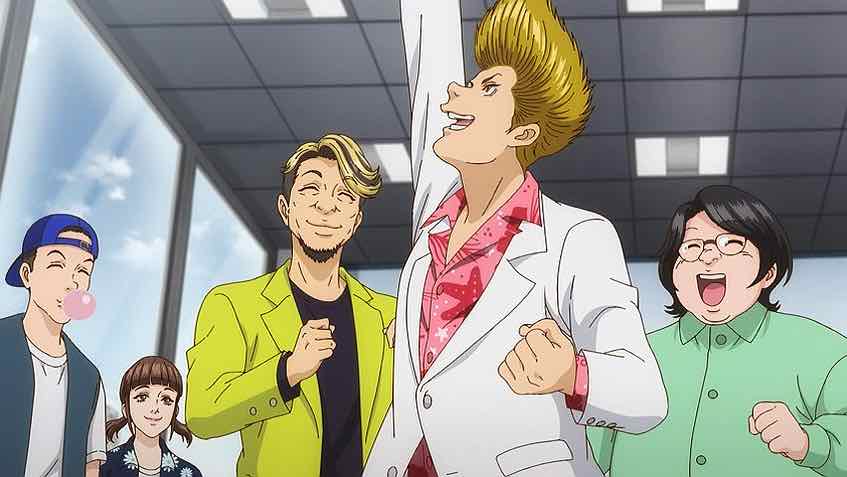
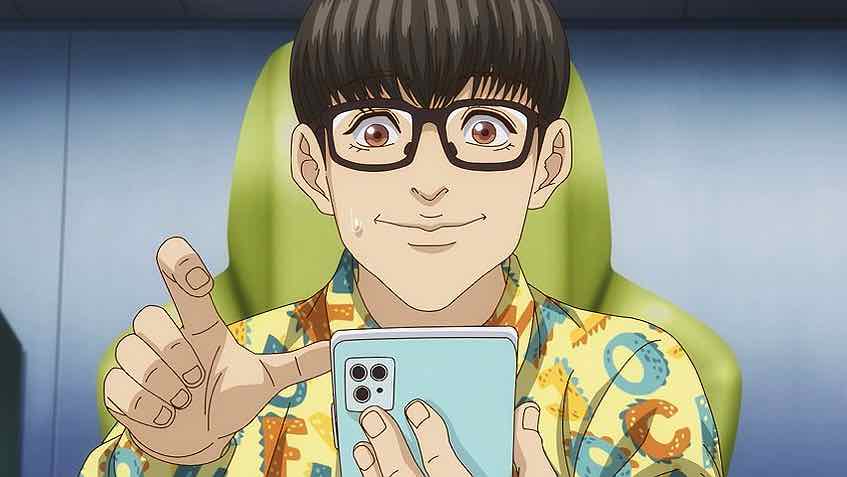
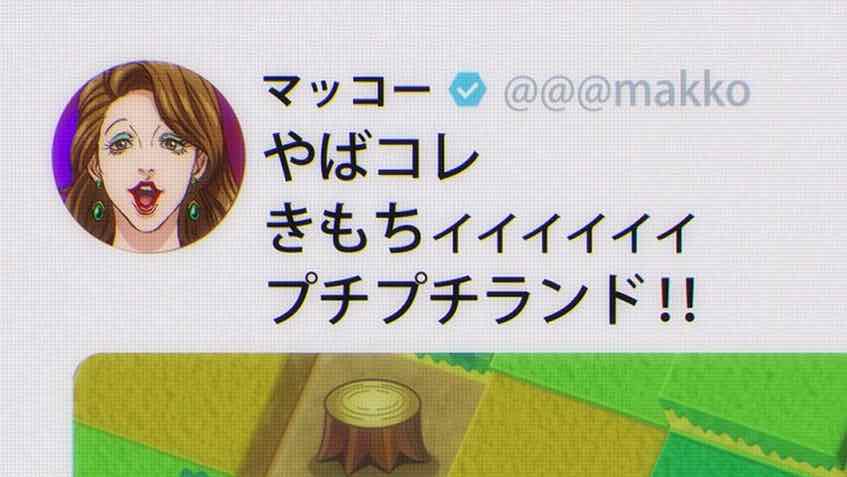
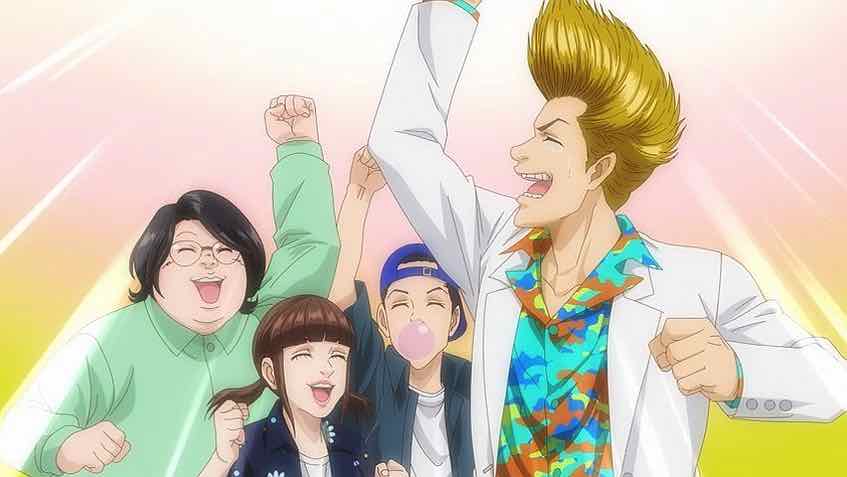
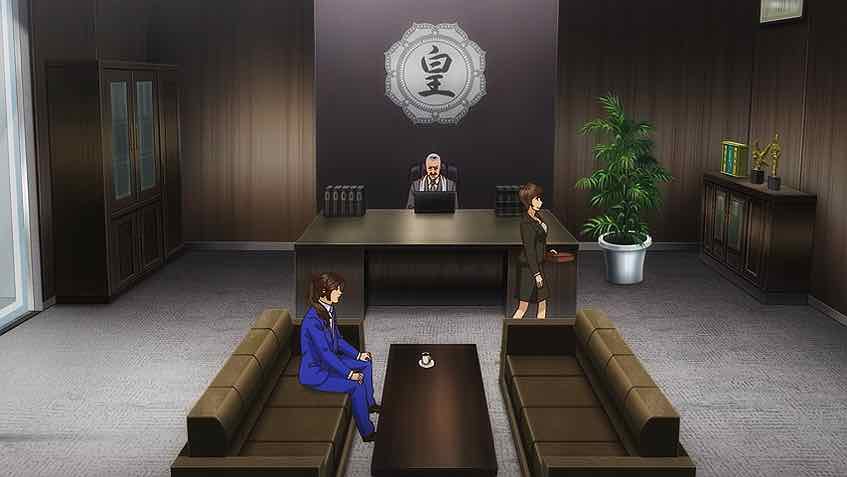
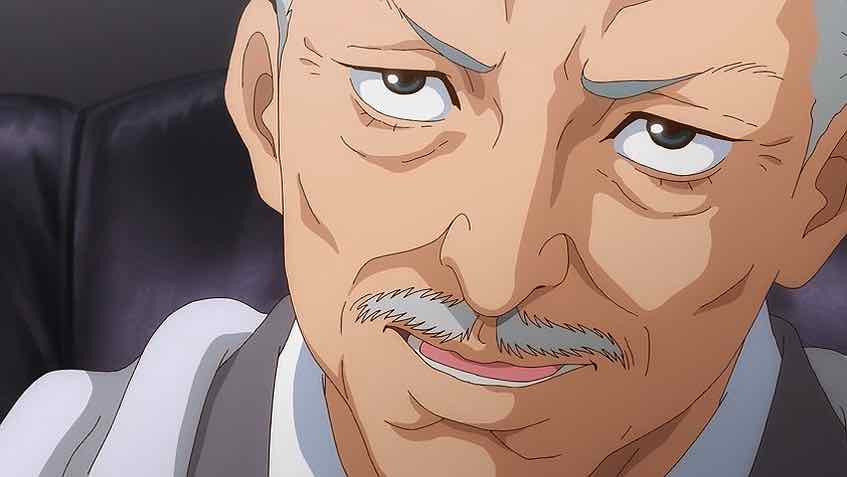
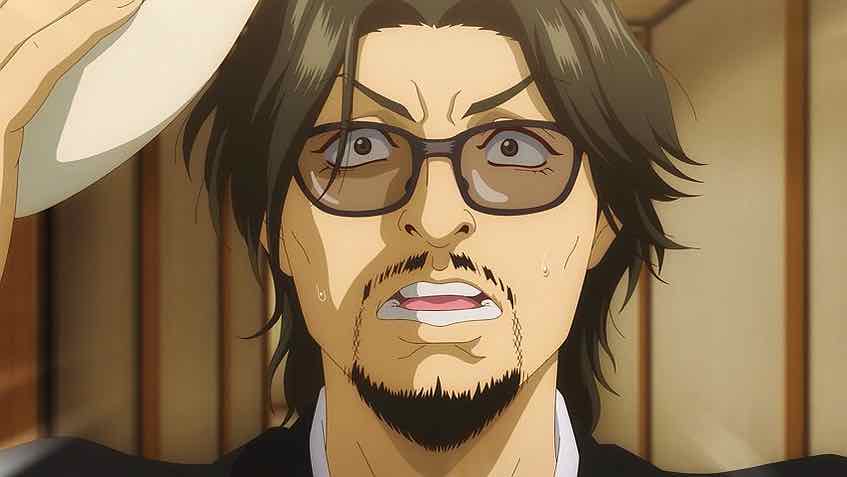
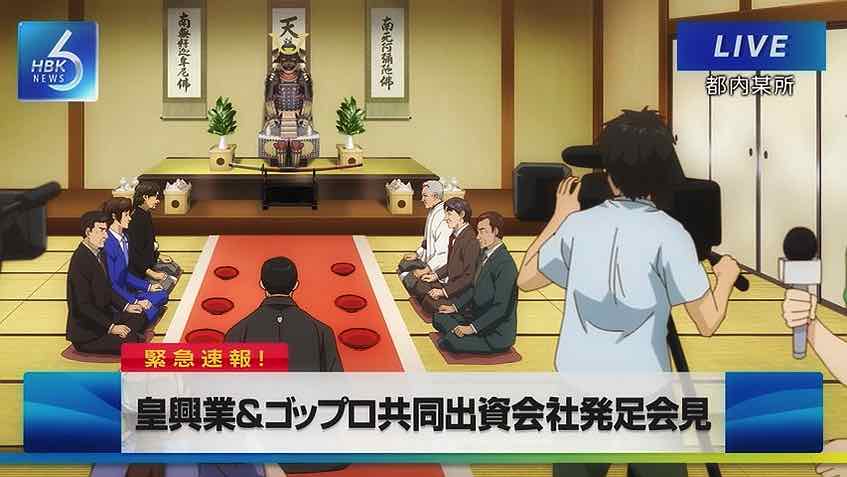
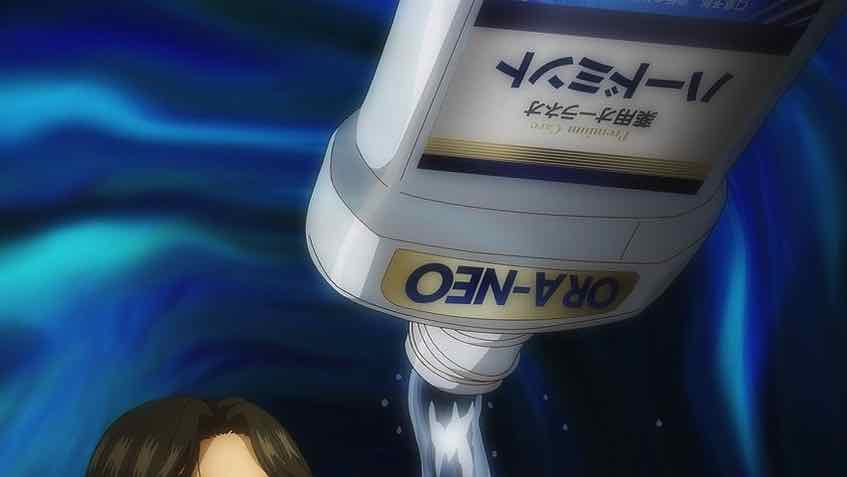
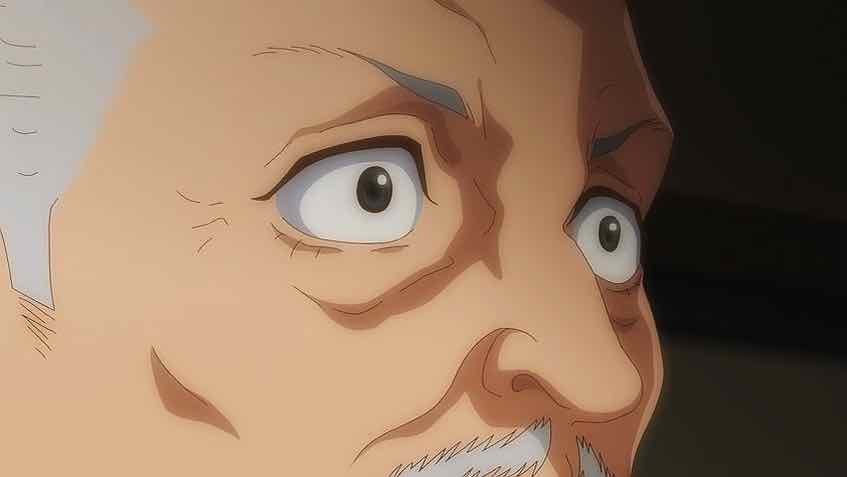
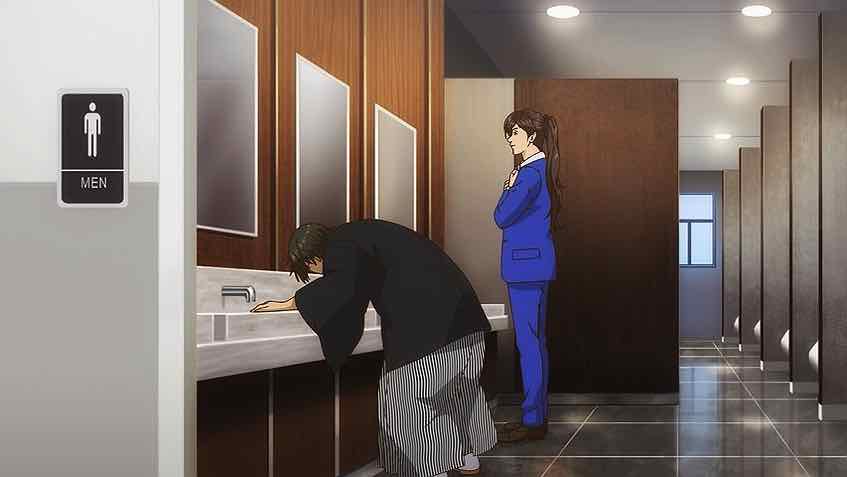
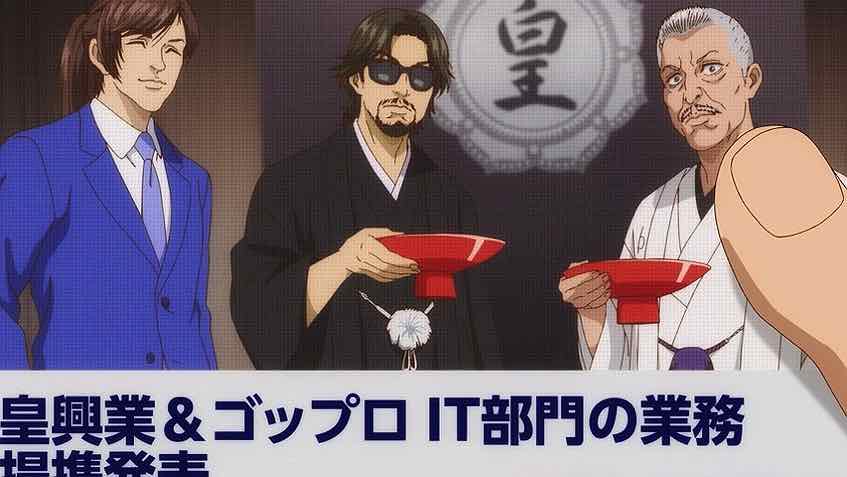
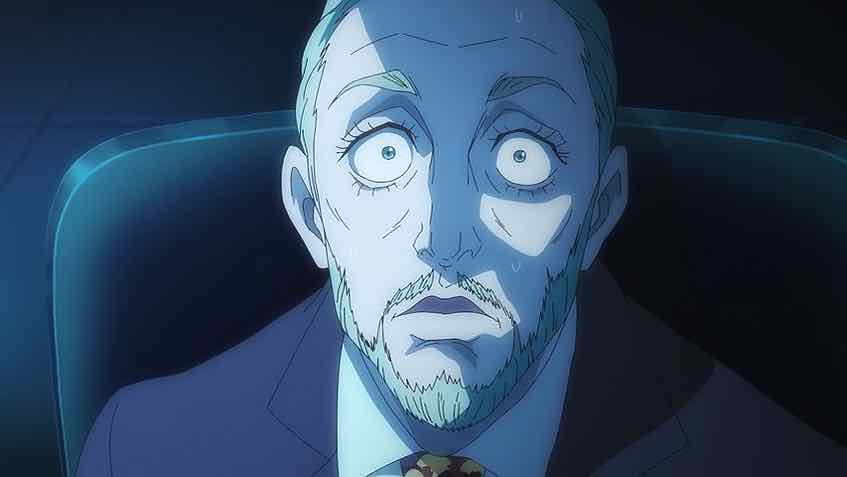
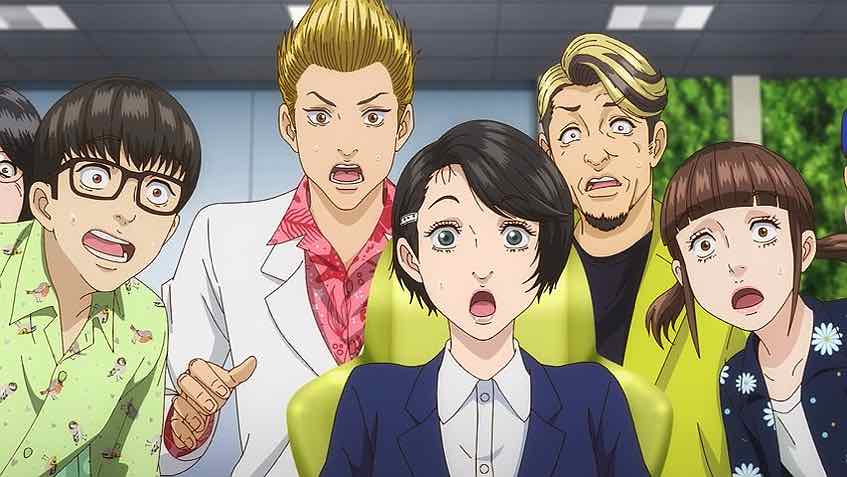
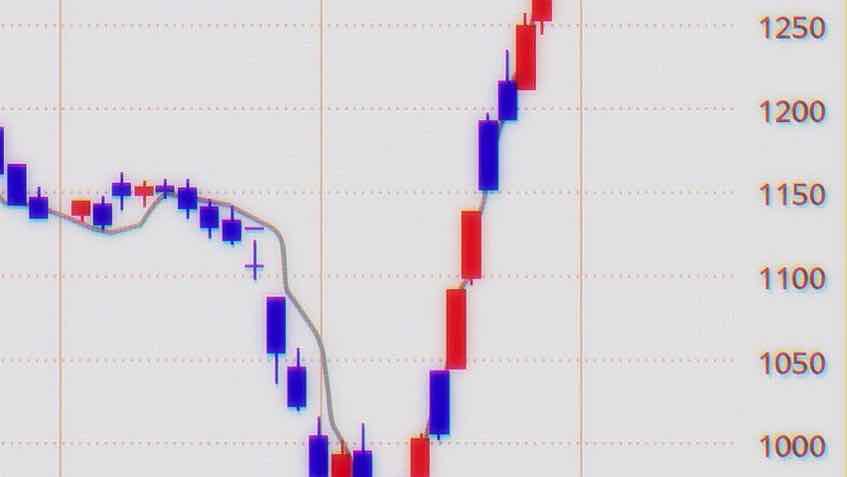
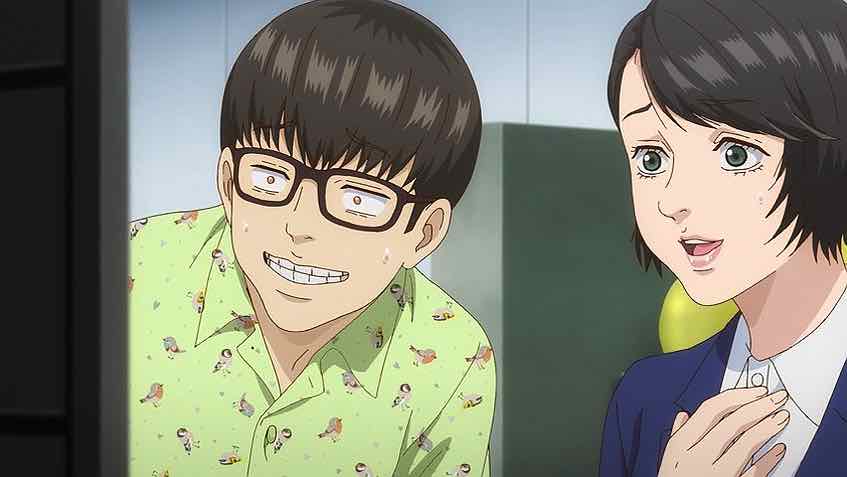
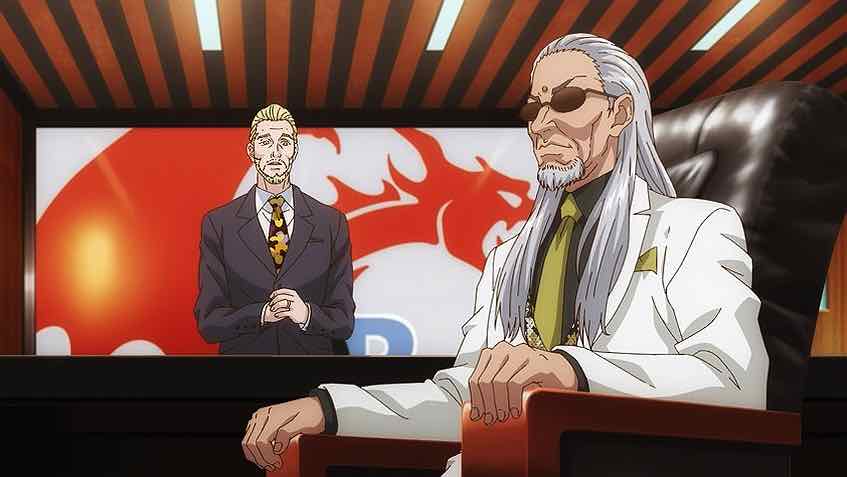
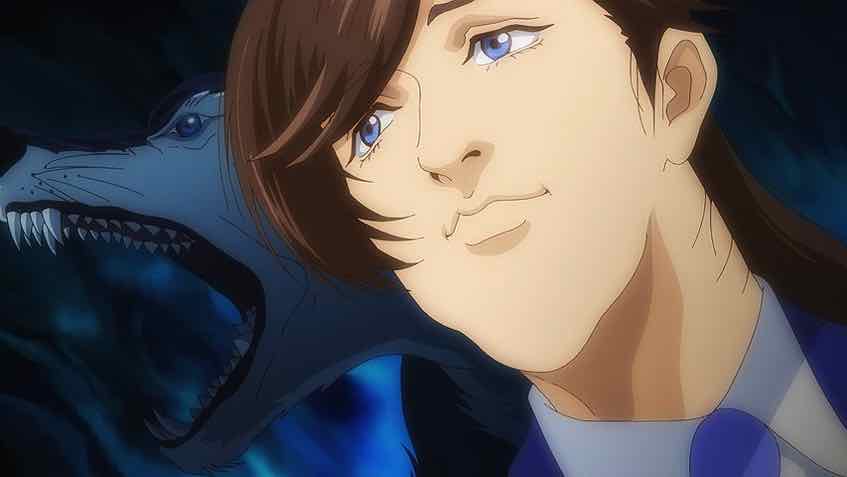
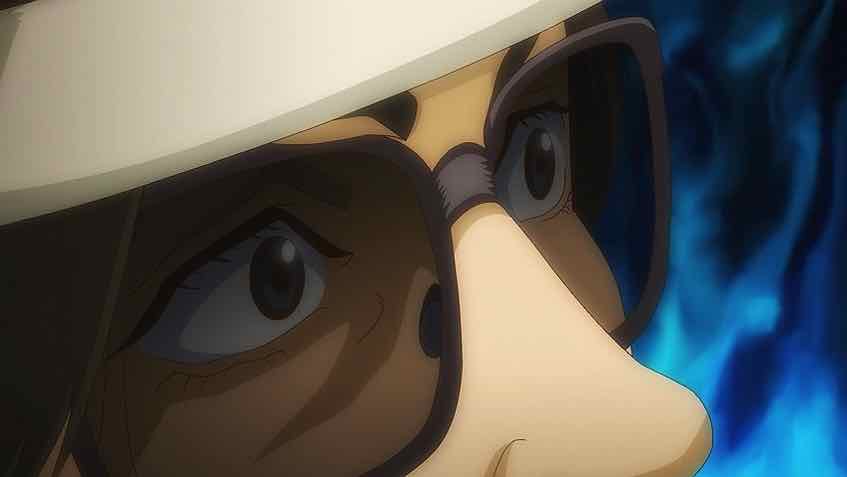
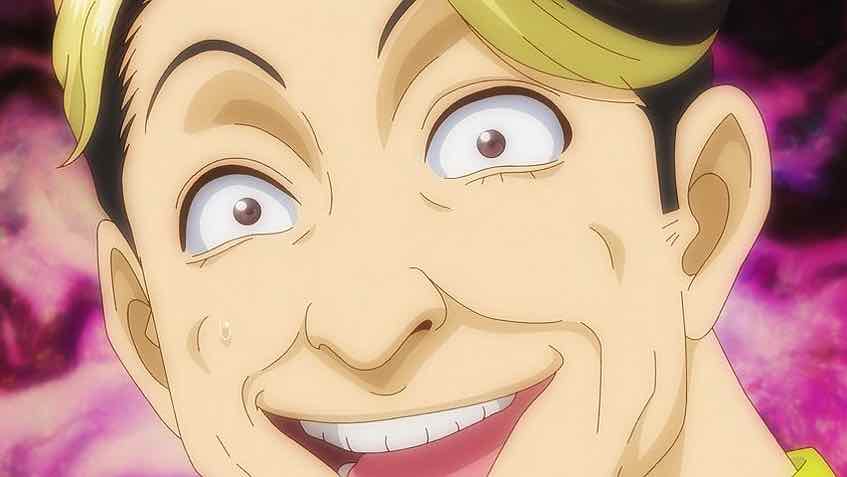
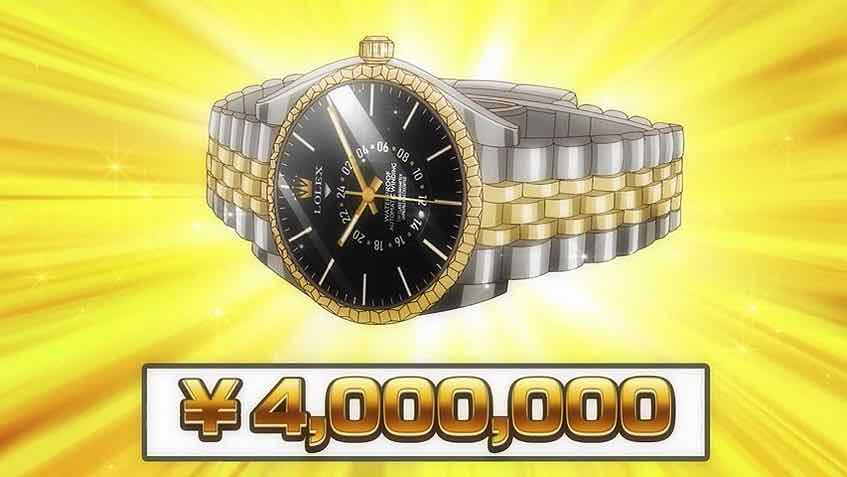

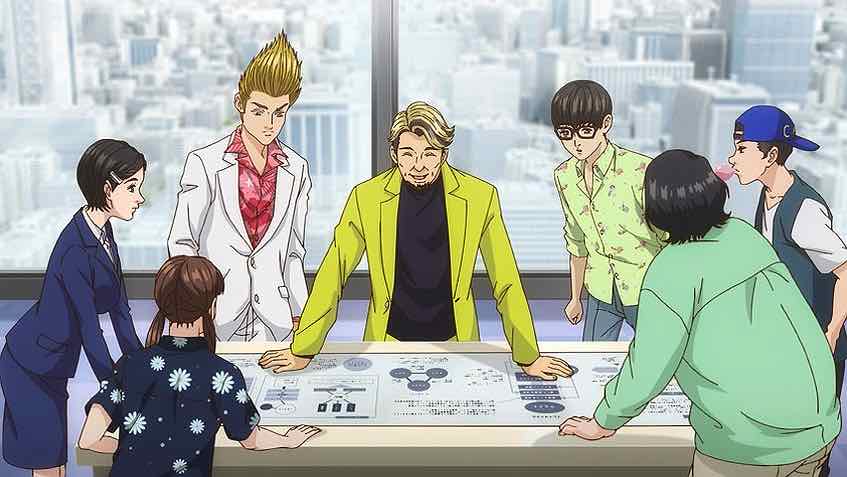


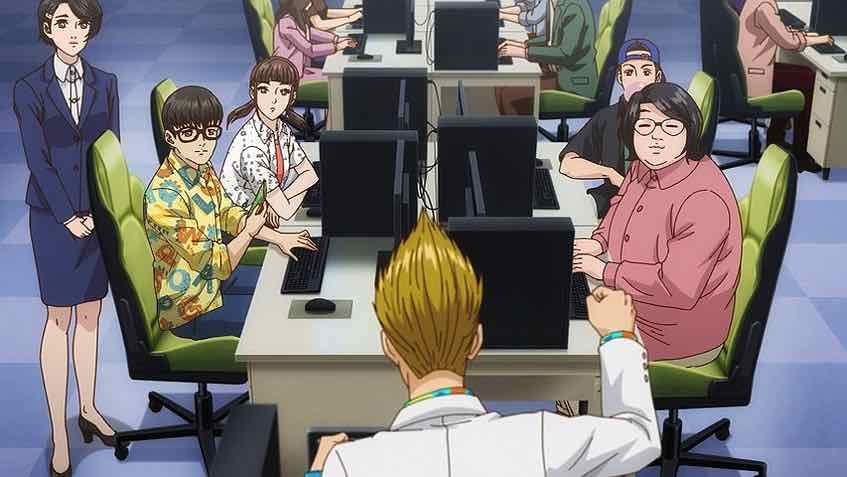

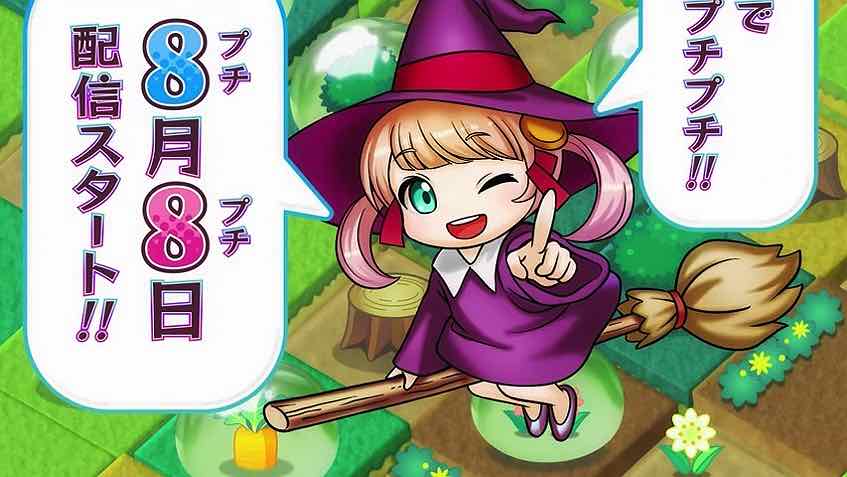
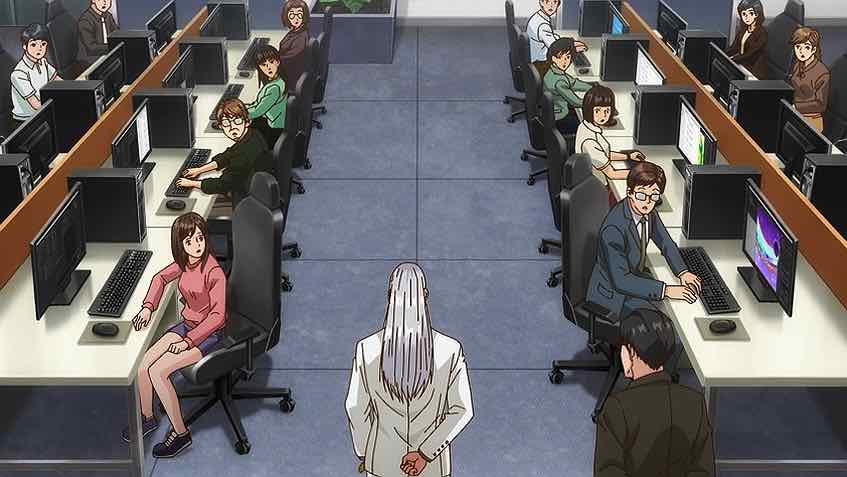
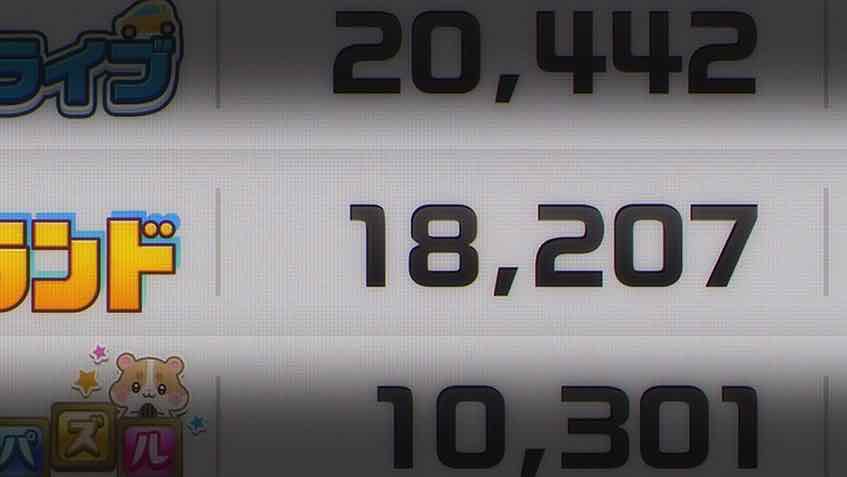
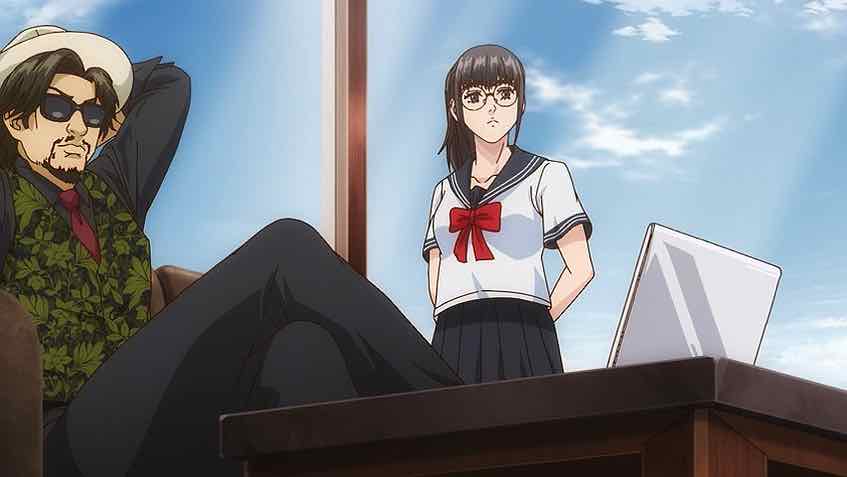
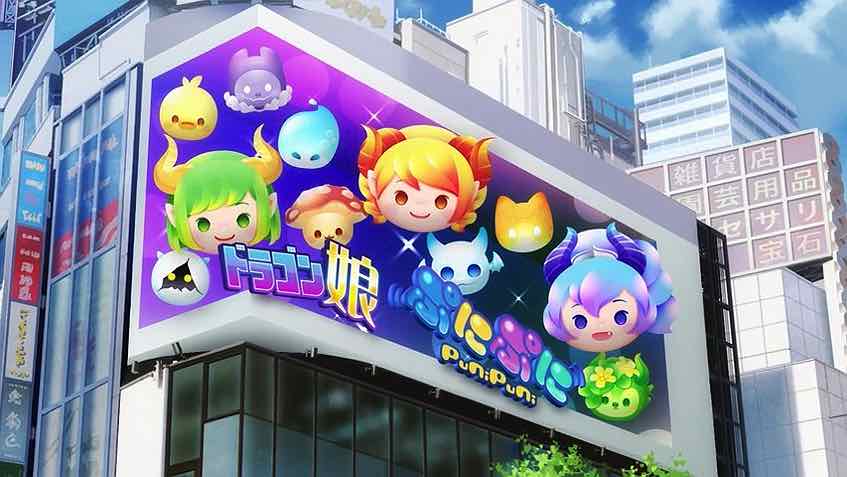
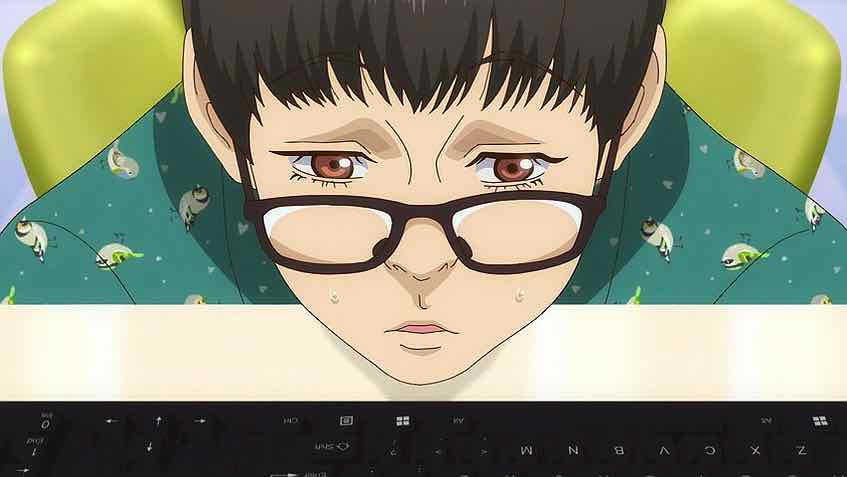
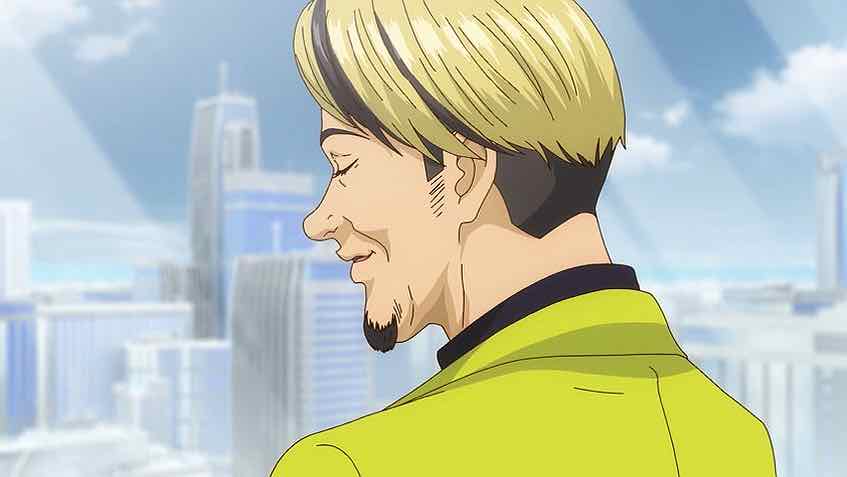
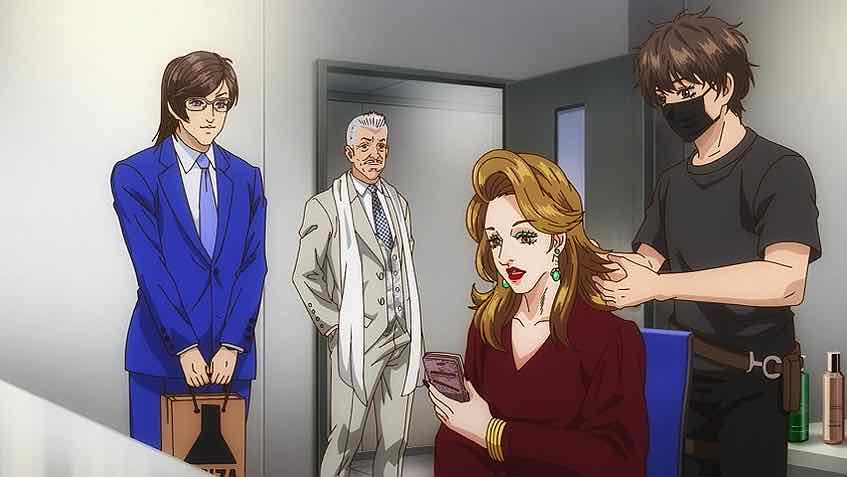
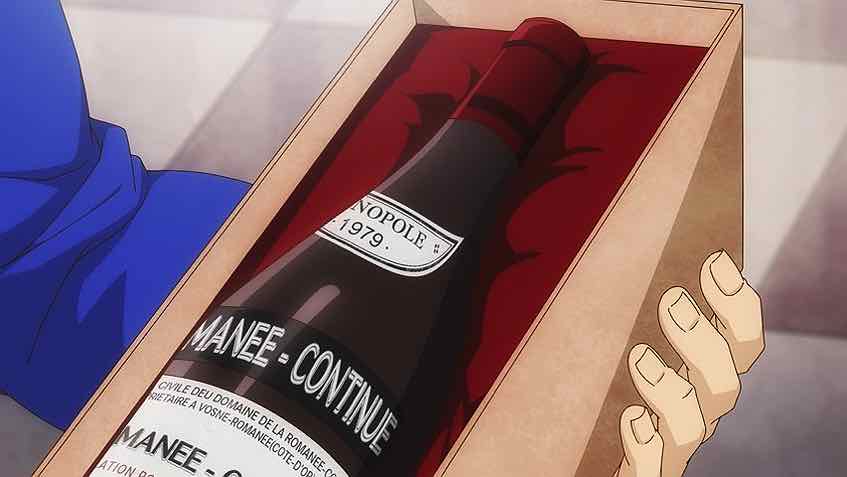
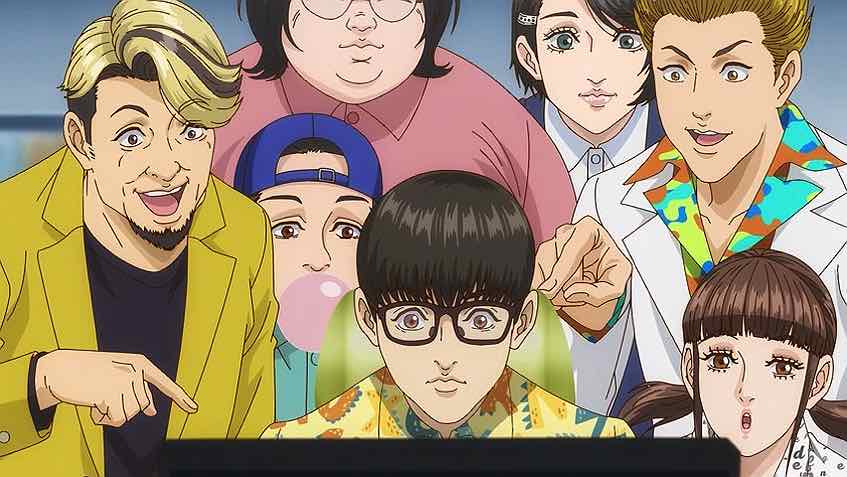
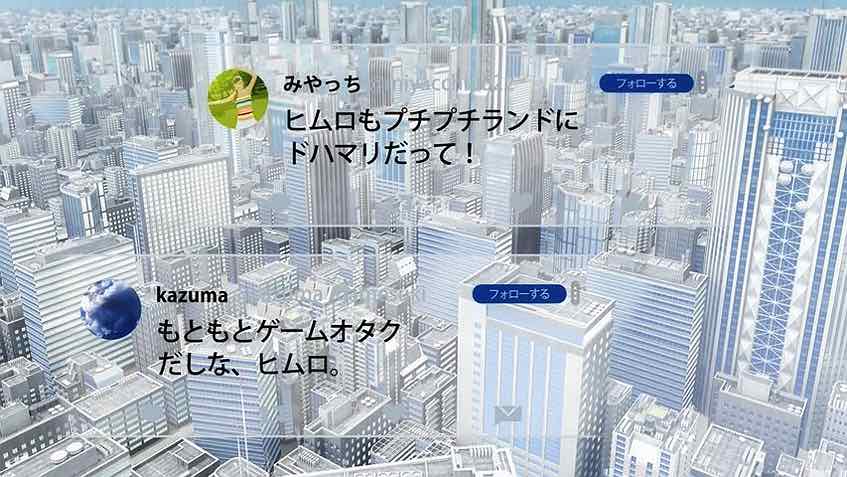
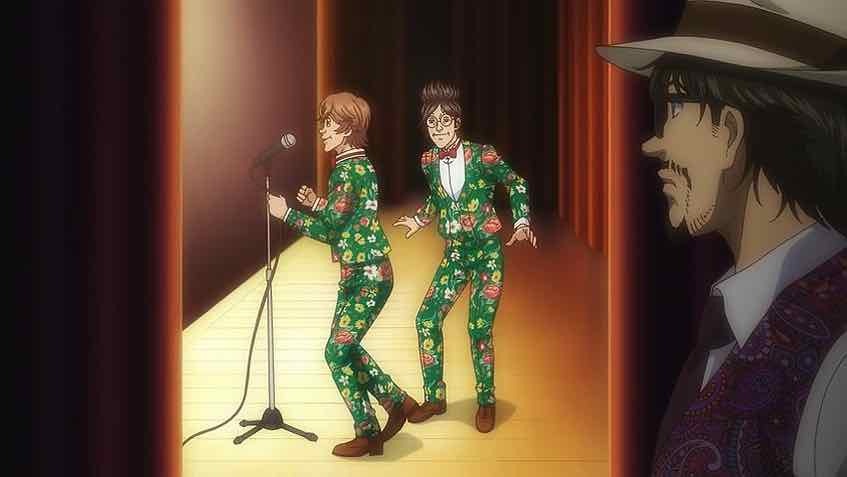
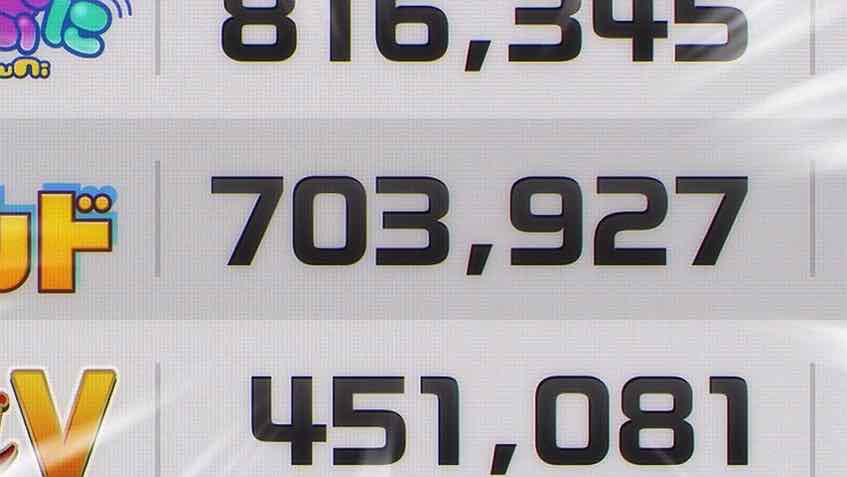
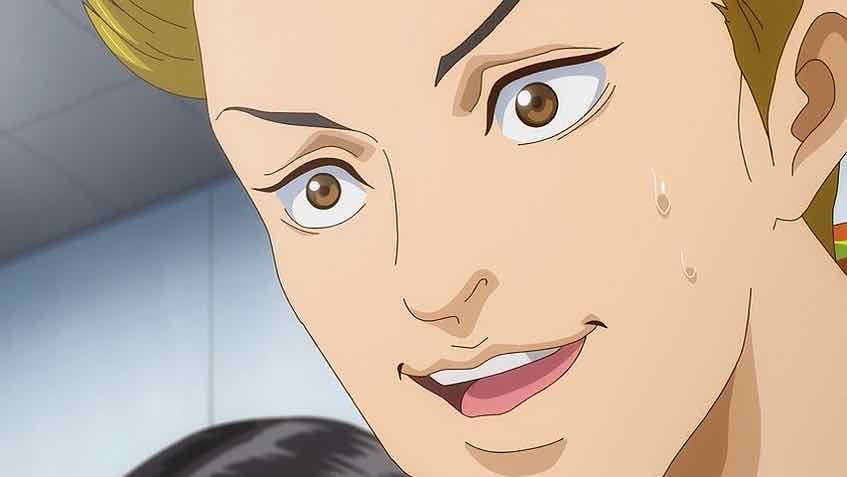
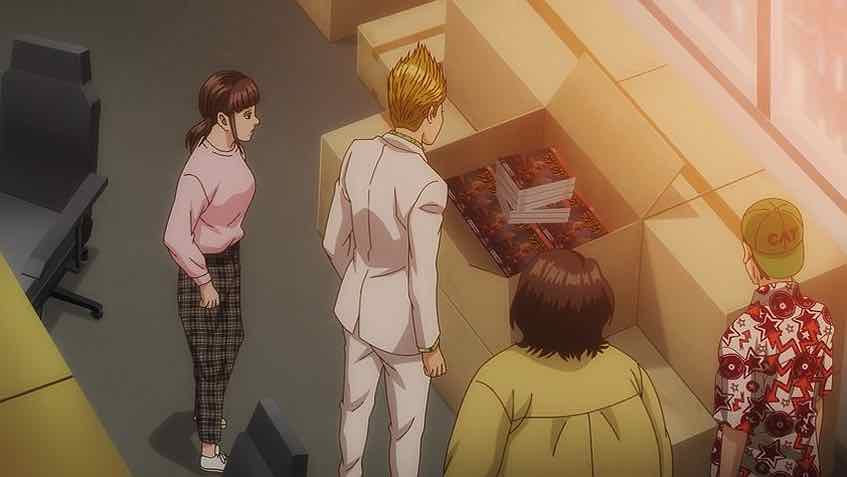

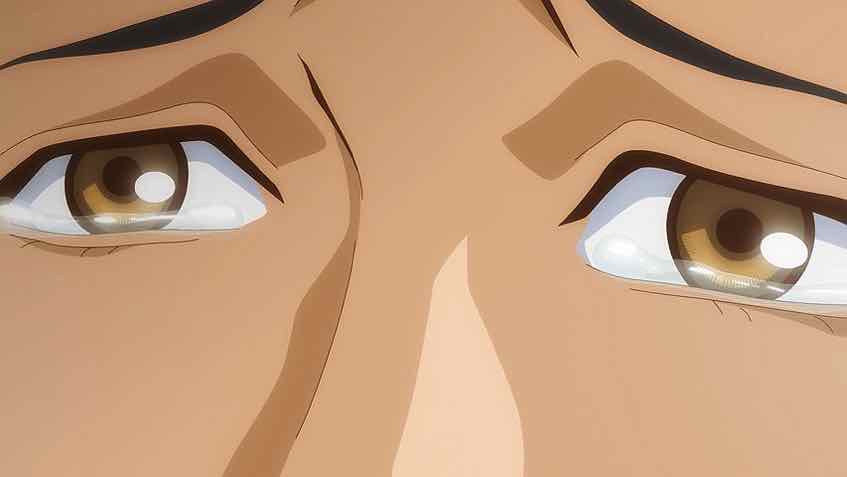



1 comment